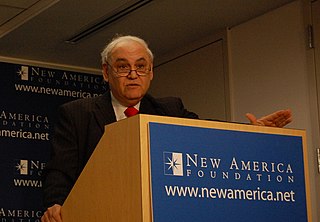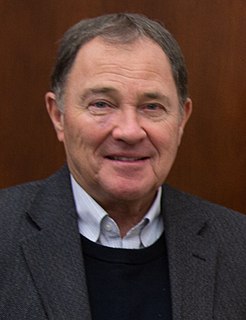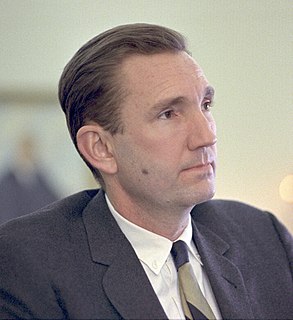A Quote by Pat Buchanan
For Americans of the Greatest Generation that fought World War II and of the Silent Generation that came of age in the 1950s, the great moral and ideological cause was the Cold War. It gave purpose and clarity to our politics and foreign policy, and our lives.
Related Quotes
My dad was a member of the Greatest Generation that achieved victory in World War II. This was the generation that saved the world from fascism, came home and built the great American middle class, led the way in the civil rights movement, protected our environment, and created great programs like Medicare.
The American tradition of foreign policy exceptionalism, our grand strategy as a nation, reaches back much further. Really at the turn - the end of the 19th century, when we achieved power a generation after the Civil War, the outlines of an American vision came into focus, and what we - it was based on two things. One, our realization that our values and our interests were the same, and that our business interests would advance as our values advanced in the world.
For over two centuries, each generation of Americans before us confronted and solved problems. They embraced opportunities and Americans have never had it easy. This was a nation founded by declaring independence for the most powerful empire in the world. This was a nation that faced a divisive and bloody civil war, two great world wars, a long cold war.
In every major war we have fought in the 19th and 20th centuries. Americans have been asked to pay higher taxes - and nonessential programs have been cut - to support the military effort. Yet during this Iraq war, taxes have been lowered and domestic spending has climbed. In contrast to World War I, World War II, the Korean War and Vietnam, for most Americans this conflict has entailed no economic sacrifice. The only people really sacrificing for this war are the troops and their families.

































